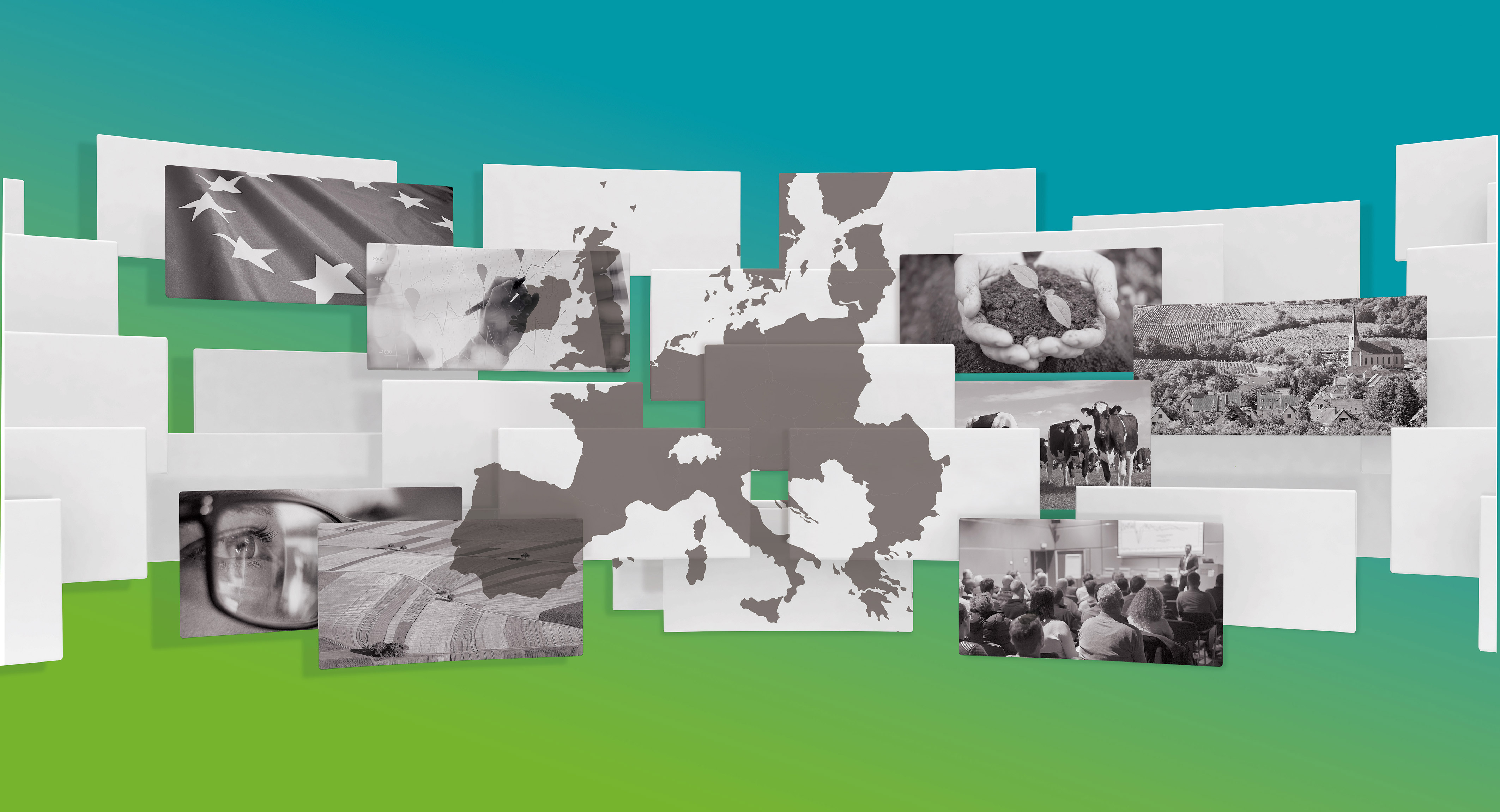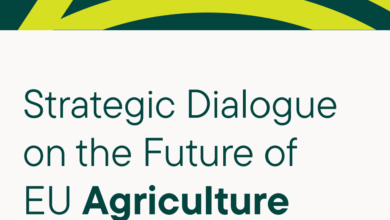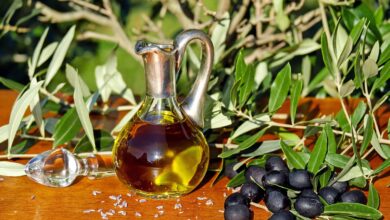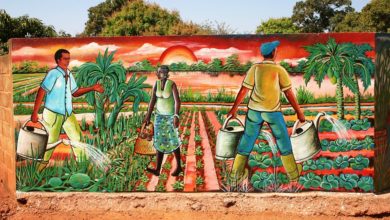
Hello,
What if France called for an agricultural G20 in 2019?
President Macron’s speech to the OECD on May 30 proposes a diagnosis and an ambition to refound multilateralism and update the rules of international trade. Given the priorities put forward, it would be quite logical for France to take the initiative to organize a new agricultural G20 in 2019. In this article, we take up the main ideas-forces, already presented in the Reference Note. Strategic, which could structure French diplomatic action.
You will also find the press release and a condensed version of this article published in an article on the Circle of Echos.
Presentation of the Strategic Reference Note at the 13 June press conference
On this occasion Jacques Carles and Frédéric Courleux presented its content. Several members of the Agricultural Strategies Steering Committee testified to the press to explain the approach of our platform. Among them, Olivier Allain, Frédéric Descrozaille and Hervé Gaymard have explained different dimensions of this base for a consensus on agricultural policy issues. Given the high quality of these interventions, we transcribed them:
- “The decoupling of aids does not lead anywhere, we have to get out and give back to political choices an ability to change things” Olivier Allain
- “Behind the issues of international security or geopolitics, there is always talk of food security and agriculture” Frédéric Descrozaille
- “We have witnessed a gradual deterioration of the fundamentals of the CAP without seeing a coherent alternative plan emerge” Hervé Gaymard
The post-2020 CAP proposals: proposing the lowest common denominator for hoping for a quick agreement is a major strategic mistake that comes down to burying the CAP
The Commissioner for Agriculture has formalized his proposals for the post-2020 CAP. While there are many ways that Europe needs to rethink its strategy in a world where yesterday’s certainties are disappearing, these proposals are not to the height. Under the guise of hastening to hasten an agreement before the European elections, this project of renationalisation of the CAP would conclude a renunciation of the very idea of sharing a common agricultural policy.
Decrease in the EU27 CAP budget by almost 30% in twenty years: the gradual abandonment of the only integrated European policy
We also analyzed the budget proposals. Like others, we did not stop at the display of a 5% drop because expressed in current currency. According to our calculations the decrease would be 16.1% between the current period and the period 2021/2027, a decrease of 28.2% in constant euros between 2007 and 2027! A cut more than honest!
No to the renationalisation of the CAP, yes to a real reform!
We also offer you the very complete press release, signed by several S & D MPs from 8 Member States, showing that dissatisfaction with the Commission’s proposals is widely shared. Among the signatories are Eric Andrieu, newly appointed Vice President of the S & D Group and a member of our Strategic Orientation Committee.
In Brazil, agroenergies are a tool for regulating and supporting agriculture … since the end of the 19th century!
The result of Edouard Lanckriet’s doctoral work, this historical analysis of the development of agro-energy production in Brazil shows that the regulation of sugar markets has always been at the heart of these Brazilian agricultural policies.
EU caught in Nigeria’s refusal to sign the West Africa Economic Partnership Agreement and the Continental Free Trade Area
Finally, we resume an article by Jacques Berthelot which shows how the European Union is jeopardizing regional economic integration in West Africa, through the Economic Partnership Agreements and the support it provides to the Free Trade Zone. Continental Exchange.












